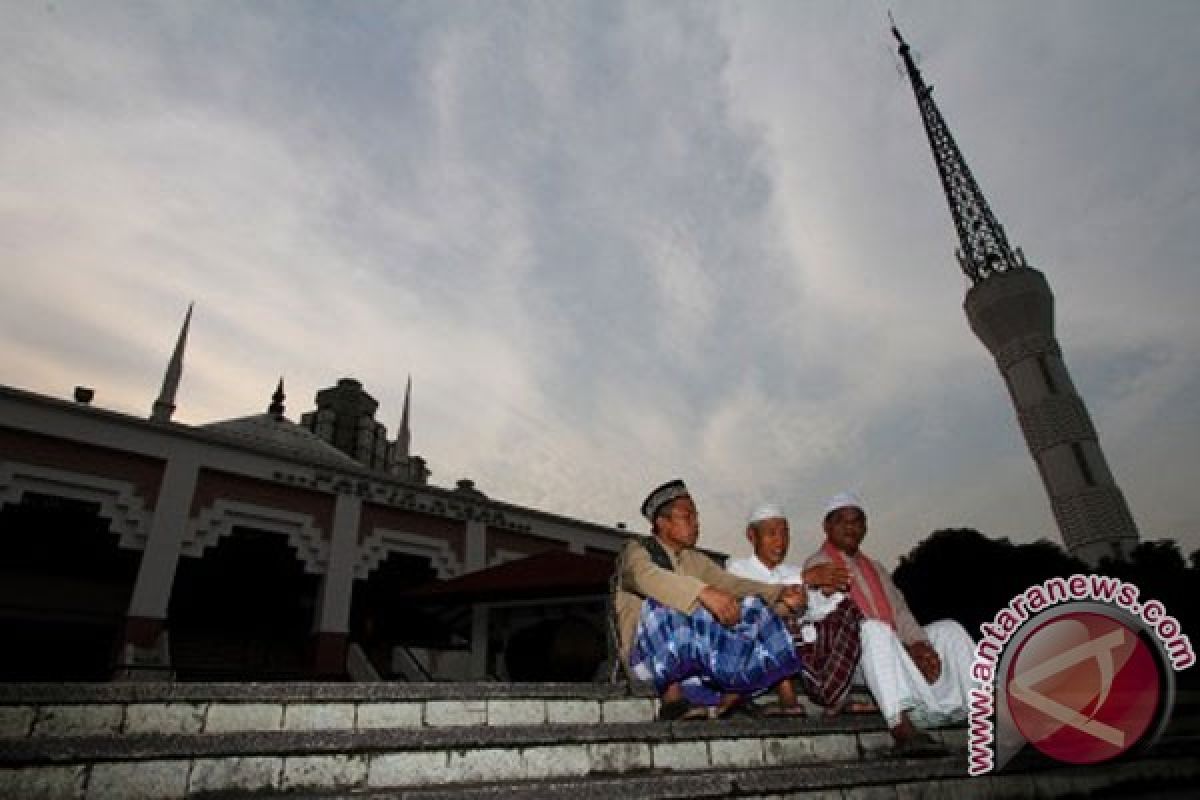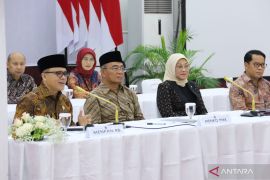True fasting for such devout brings humility and alignment with God, for it conquers the power of flesh and demons, suspends disbelief, and offers answers to prayers when nothing else works.
Going without food and beverage while praying is a divine corrective to the pride of the human heart, for it is a discipline of the body, with a tendency to humble the heart and soul.
Christians believe that humility is the first aspect of Gods sanctifying work through fasting, and humility is essential for holiness as in its absence, they cannot lead the life that God has called on them to live.
Unlike fasting for medical or health reasons, Biblical fasting is done with a sense of gravity and sincerity and willingly depriving the body of nourishment and the pleasurable taste of food.
The body requires food for sustenance; therefore the hearts and minds must be totally focused and directed towards God, so that He may be the source of strength during the period of fasting.
Such pious at heart do not need to show others that they are fasting as it is directed towards God as recorded in the Gospel of Matthew: "When you fast, put oil on your head and wash your face, so that it will not be obvious to men that you are fasting, but only to your Father who is unseen; and your Father who sees what is done in secret will reward you."
For Muslims, the fasting month of Ramadan is also full of Gods blessings, mercy, gifts, and forgiveness when their good deeds and prayers will be rewarded by the Almighty, and all their sins will be forgiven.
In light of this, the holy month of Ramadan in Indonesia is the most celebrated and much-awaited time of the year.
Therefore, Muslims in Indonesia usher in the fasting month of Ramadan every year through a variety of ways but with the same spirit of joyfulness and gratefulness.
Celebration welcoming the holy month of Ramadan becomes a unique event for people in the regions, which are rich in customs and traditions.
Muslims in Indonesia follow several customs and traditions in welcoming the arrival of Ramadan by organizing cultural parades, pilgrimages to local ancestral toms or tombs of deceased family members, and staying in touch with residents through the tradition of communal eating.
In its development, the local acculturation occurs in following the ritual, thereby resulting in unique and different traditions in each region.
In Temanggung, Central Java, people pay a visit to their ancestral bombs and bring along Tenong, or containers made of woven bamboo, with an array of foods as offerings.
In Palembang, South Sumatra, thousands of people undertake a pilgrimage to the tomb of Shaykh Al Habib Ahmad bin Shahab, a cleric who spread the values of Islam in the city.
In Ciamis, West Java, people living on the slope of Mount Syawal hold friendly gatherings by bringing along rice cones to enjoy a meal with other community members. This tradition in Ciamis is locally called Nelekan.
No less interesting is the Barakan tradition in Ciamis, in which one walks across a bamboo rod over a pool, symbolizing the struggle to reach heaven.
A similar tradition is also followed by the Muslims of Banyumanik in Semarang, Central Java, by consuming shared cuisine locally produced.
Besides devotional visits to ancestral toms, the Muslims in Semarang also march along the streets carrying the sculpture of the mythological creature known as Warak Ngendog.
In Klaten, Boyolali, Salatiga, and Yogyakarta in Central Java, Muslims follow a different ritual called Padusa as they immerse themselves in water believed to be holy or bathe in holy wells or springs to cleanse themselves spiritually and physically prior to Ramadan.
Muslims in Bantaeng, South Sulawesi, also perform Pepe Pepeka dance on the streets, while the followers of the faith in other areas take part in parades showcasing their creativity, which is adapted to the essence of the fasting month of Ramadan.
Ritual fasting has been part of religious traditions for thousands of years, and a recent growing body of research indicates that abstaining from food intermittently may offer physical and spiritual benefits.
A study conducted by researchers from Utah found that occasional fasting, defined as extended periods of time during which people generally abstain from all food and beverage, except water, may reduce the risk of heart disease and diabetes.
Fasting for a day once a month may prevent heart disease and insulin resistance, the precursor to diabetes, according to two studies from Utahs Intermountain Medical Center presented recently at the American College of Cardiologys scientific sessions.
When researchers monitored the habits of 200 men and women, they found that people who fasted once a month were 58 percent less likely to suffer from heart disease than those who did not follow the practice.
(Uu.O001/INE/KR-BSR)
Reporter: Otniel Tamindael
Editor: Priyambodo RH
Copyright © ANTARA 2016










